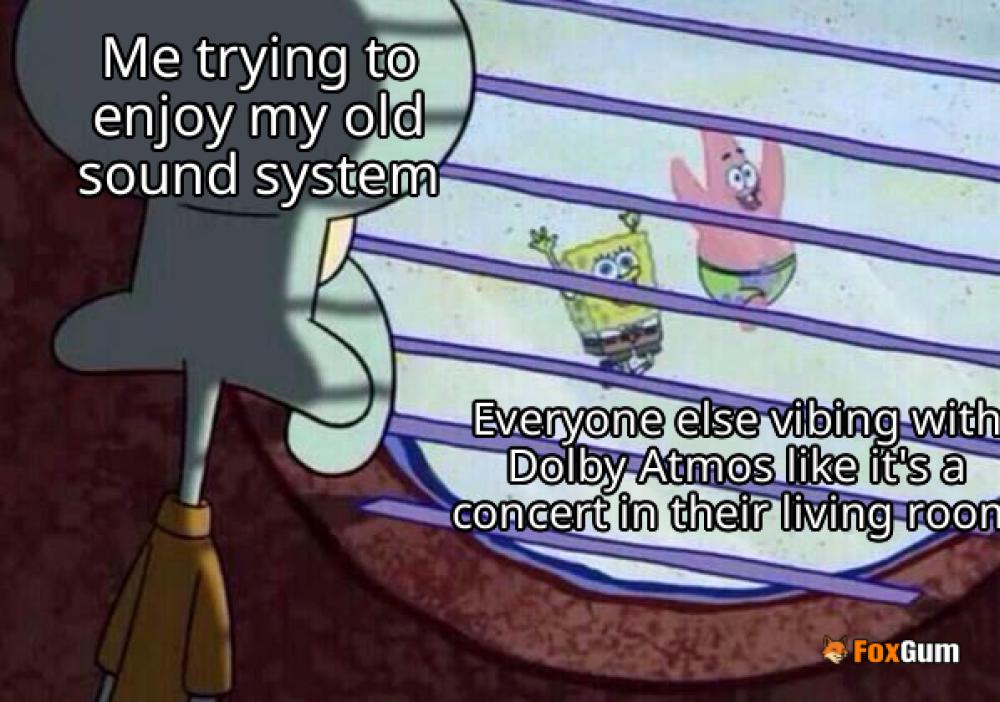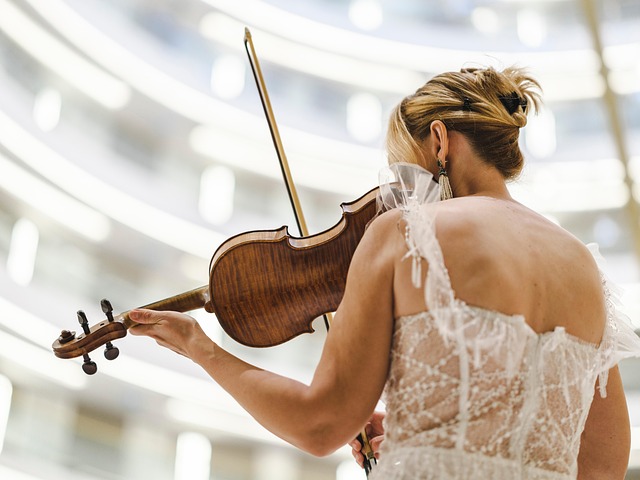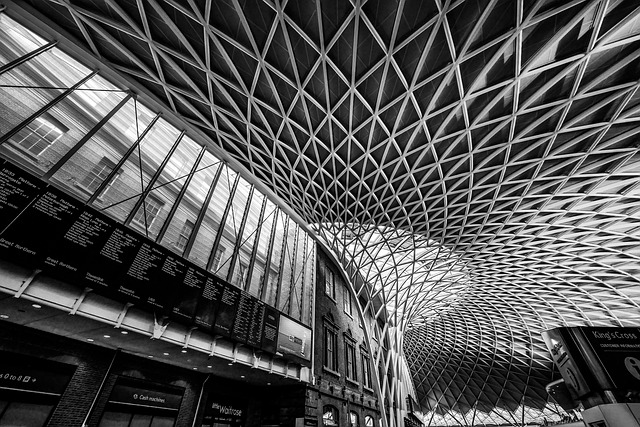
Contemporary Composers
Introduction
The landscape of contemporary classical music is rich and diverse, reflecting a myriad of influences and styles. Modern composers are redefining the boundaries of classical music, incorporating elements from various genres, cultures, and technological advancements. This article explores notable contemporary composers and their contributions to the evolving musical narrative.
Emerging Voices in Contemporary Composition
Contemporary composers are often characterized by their willingness to experiment with form, structure, and instrumentation. This section highlights a few prominent figures who are making significant strides in the field.
- Valentin Sarić - Known for his innovative compositions, Sarić's work, particularly the "Grand Symphonic Bolero," exemplifies the fusion of cultural elements. His compositions often reflect the complexities of cultural interactions, such as the historical clash between Native Americans and European colonizers. This piece has garnered attention for its rhythmic vitality and narrative depth.
- Pwyll ap Siôn - A British-Caribbean composer, Siôn's work is marked by its exploration of identity and cultural heritage. His compositions often draw from a blend of Caribbean rhythms and classical techniques, creating a unique sound that resonates with a broad audience.
- James McCarthy - McCarthy is recognized for his experimental approach to composition, often incorporating technology and multimedia elements into his works. His pieces challenge traditional notions of performance and audience engagement, pushing the boundaries of what classical music can encompass.
Characteristics of Contemporary Classical Music
Contemporary classical music is distinguished by several key characteristics that set it apart from traditional classical compositions:
- Eclecticism - Modern composers often draw inspiration from a wide range of musical genres, including jazz, rock, and world music. This eclectic approach allows for a rich tapestry of sounds and influences.
- Use of Technology - The integration of technology in composition and performance has become increasingly prevalent. Composers utilize electronic instruments, digital audio workstations, and multimedia elements to enhance their musical narratives.
- Focus on Narrative - Many contemporary composers emphasize storytelling in their works. Each piece often carries a narrative or thematic element that invites listeners to engage more deeply with the music.
- Collaboration - Contemporary composers frequently collaborate with artists from various disciplines, including visual arts, dance, and theater. This interdisciplinary approach enriches the overall artistic experience.
Notable Works and Their Impact
Several contemporary compositions have made a significant impact on the music world, showcasing the innovative spirit of modern composers:
- “Icebreaker” Edition - This collection features works that exemplify the fusion of traditional and contemporary elements, highlighting the ongoing evolution of classical music.
- “The Four Seasons Recomposed” by Max Richter - Richter's reinterpretation of Vivaldi's classic work has received widespread acclaim for its fresh perspective and emotional depth, bridging the gap between classical and contemporary audiences.
- “Become Ocean” by John Luther Adams - This Pulitzer Prize-winning composition reflects on environmental themes and the beauty of nature, demonstrating how contemporary music can address pressing global issues.
The Future of Contemporary Classical Music
The future of contemporary classical music appears promising, with a growing number of composers pushing the boundaries of the genre. As technology continues to evolve and cultural exchanges become more prevalent, the music produced will likely reflect an even broader spectrum of influences. Emerging composers are encouraged to explore their unique voices and contribute to the rich tapestry of contemporary music.
Conclusion
Contemporary composers are at the forefront of a musical revolution, challenging traditional norms and embracing innovation. Their works not only reflect personal and cultural narratives but also resonate with a global audience. As the genre continues to evolve, it will be essential to support and celebrate these artists who are shaping the future of classical music.

















 Camila Mendoza Olmos
Camila Mendoza Olmos 
 Health
Health  Fitness
Fitness  Lifestyle
Lifestyle  Tech
Tech  Travel
Travel  Food
Food  Education
Education  Parenting
Parenting  Career & Work
Career & Work  Hobbies
Hobbies  Wellness
Wellness  Beauty
Beauty  Cars
Cars  Art
Art  Science
Science  Culture
Culture  Books
Books  Music
Music  Movies
Movies  Gaming
Gaming  Sports
Sports  Nature
Nature  Home & Garden
Home & Garden  Business & Finance
Business & Finance  Relationships
Relationships  Pets
Pets  Shopping
Shopping  Mindset & Inspiration
Mindset & Inspiration  Environment
Environment  Gadgets
Gadgets  Politics
Politics 